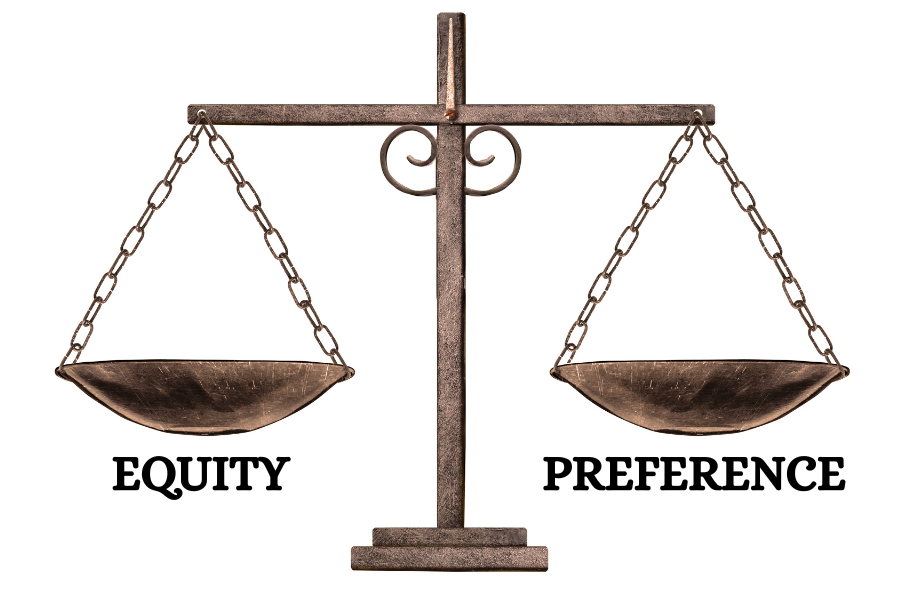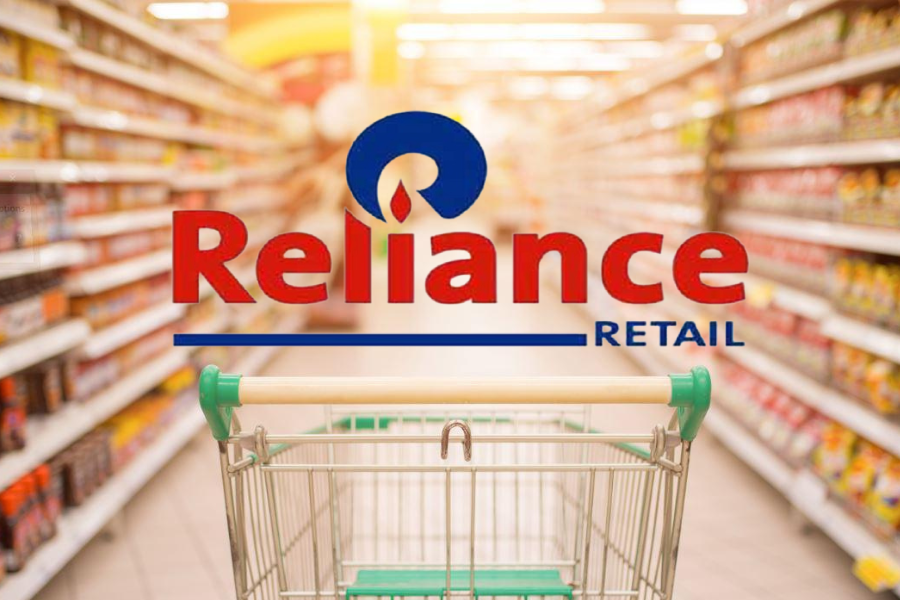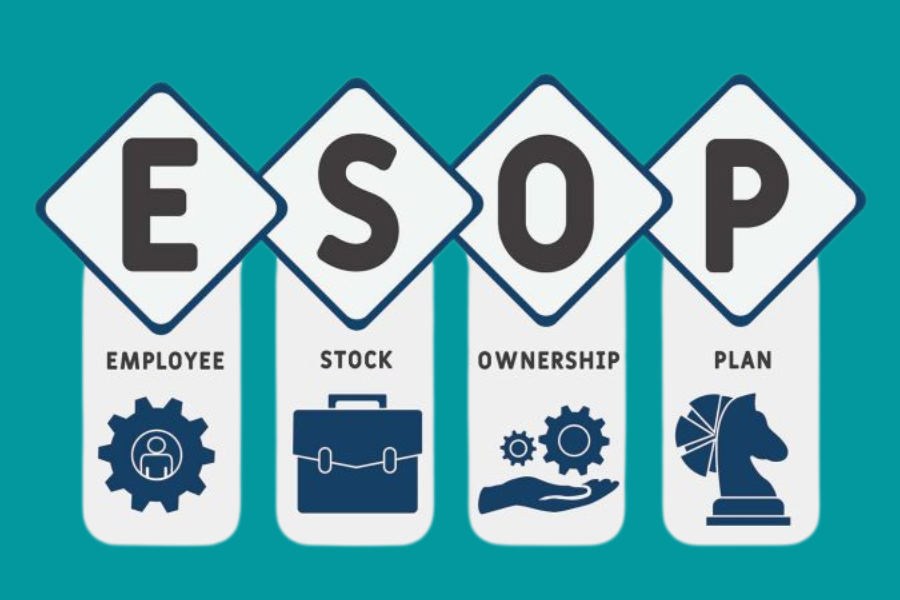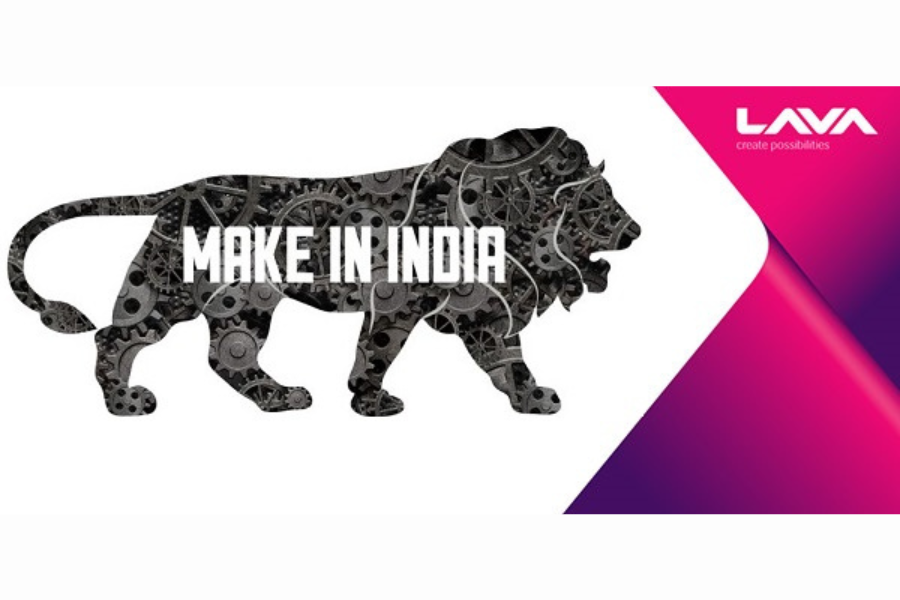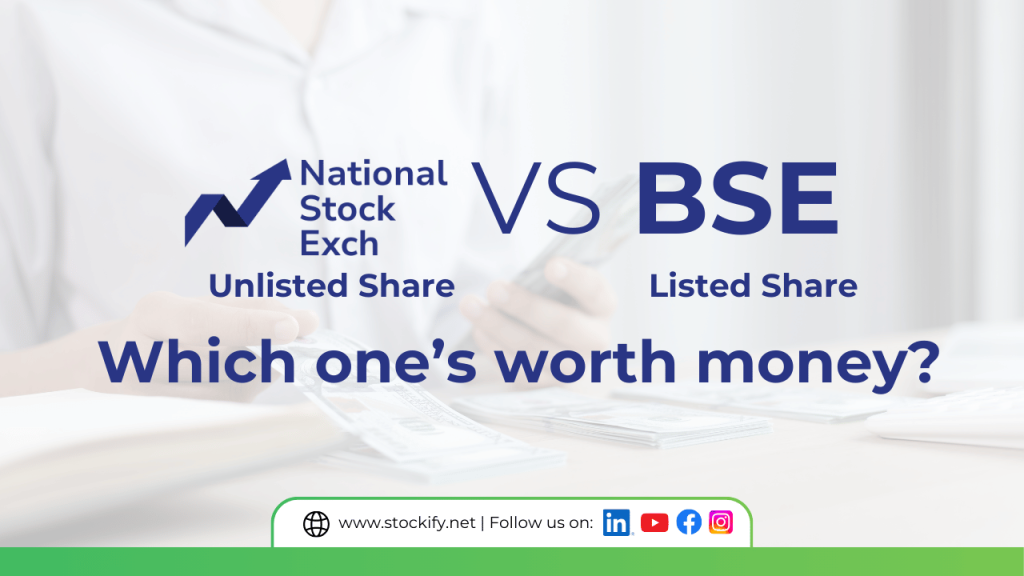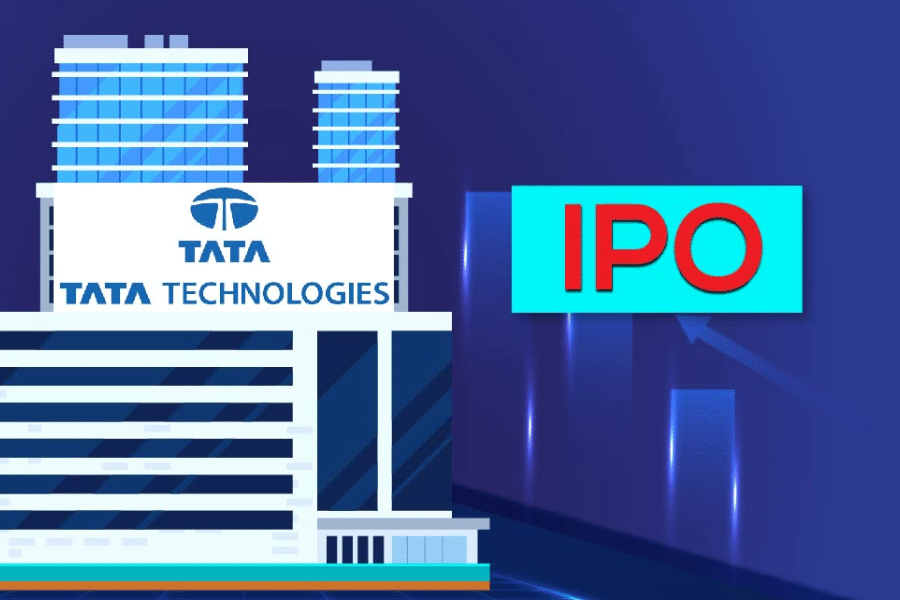Table of Contents
Buy/Sell Your Unlisted Shares
Submit the details below to share a quote.
In India, if you hold shares in any company, you must have a mandatory DEMAT account. Currently, there are only two entities, known as depositories, that hold and manage securities electronically. They are NSDL (National Securities Depository Limited) and CDSL (Central Depository Services Limited), both government-registered depositories in India. This article explores NSDL vs CDSL, helping investors make better decisions.
What is NSDL?

National Securities Depository Limited(NSDL) is an Indian central securities depository based in Mumbai. It was established in 1996 as a state infrastructure that handles and holds most of the securities held in dematerialised form. One of the world’s largest depositories, NSDL, plays a vital role in holding shares, mutual funds, bonds and other securities in dematerialised form electronically.
Currently, NSDL offers e-voting, electronic pledging, and securities transfers to investors, stock brokers, custodians, issuer companies, etc., through their nationwide network of Depository Partners.
What is CDSL?

The Central Depository Services Limited (CDSL) is another repository for Indian Central Securities. Founded in 1999, CDSL is the largest depository in India in terms of the number of demat accounts opened. It operates under the Securities and Exchange Board of India(SEBI) and serves a broad range of clients, including individual investors, corporates, stockbrokers, clearing members, and other market intermediaries.
Currently, the top shareholders are BSE Limited, Standard Chartered Bank, PPFAS Mutual Fund, HDFC Bank and LIC.
What is the difference between NSDL and CDSL?
Here is a table comparison of NSDL vs CDSL where you can decide to choose your repository:
Category | NSDL | CDSL |
Meaning | First and largest Indian electronic securities depository, enabling dematerialised storage and trading | The second Indian central securities depository, providing depository services for the securities market |
Year of Establishment | 1996 | 1999 |
Shareholders | Promoted by NSE, IDBI Bank, UTI, and other major banks/financial institutions | Promoted by BSE, with shareholders including BSE, Standard Chartered Bank, PPFAS Mutual Fund, HDFC Bank, LIC, and others |
Number of Depository Partners (DPs)* | 281 | 622 |
Listing on Stock Exchange | Not Listed on any Stock Exchange | Listed on NSE since June 17 |
Operating Markets | Primarily operates with the National Stock Exchange (BSE) | Primarily operates with the Bombay Stock Exchange (BSE) |
Market Share | Larger in terms of value of securities held, slightly fewer demat accounts than CDSL | Larger in terms of the number of demat accounts opened |
Demat Account Format | 16 characters: starts with ‘IN’ followed by 14 digits (e.g., IN12345678901234) | Primarily operates with the National Stock Exchange (NSE) |
*SEBI 2021 data
Common Services By NSDL And CDSL
Here are of the common services given by both NSDL and CDSL
Opening and maintenance of demat accounts
Dematerialisation (conversion of physical securities to electronic form)
Rematerialisation (conversion of electronic securities back to physical form).
Settlement of trades (electronic transfer of securities post-trade).
Transfer of securities between demat accounts (including off-market transfers).
Pledge and hypothecation of securities (for loans and collateral).
Distribution of corporate actions (such as dividends, bonuses, rights issues).
Electronic voting (e-voting) for shareholder meetings.
Regular account statements and portfolio updates.
Transmission of securities (in case of the death of the account holder)
Safeguarding and record-keeping of securities.
Difference In Services of NSDL And CDSL
A)Client Base
NSDL’s clients are more institutionally driven (Mutual Funds,FIIs, etc), while CDSL focuses on retail-driven clients like brokers, individual investors.
B) Government Projects
NSDL handles PAN issuance, NPS recordkeeping, Central KYC Registry, while CDSL acts as the central KYC registry via its subsidiary CVL.
C)Demat Focus
NSDL focuses more on listed securities, while CDSL focuses more on unlisted securities.
D) Ancillary Services
NSDL offers ancillary services like PAN, NPS, and e-Gov services (via NSDL e-Gov), while CDSL provides ancillary services like e-KYC and a central KYC registry (via a CVL subsidiary).
NSDL vs CDSL Financial Comparison
Particulars | NSDL (National Securities Depository Limited) | CDSL (Central Depository Services Limited) |
Revenue from Operations | Rs1,268.24 Cr | Rs 812.26 Cr |
Total Income | Rs1,365.70 Cr | Rs 907.30 Cr |
EBITDA | Rs 382.49 Cr | Rs 584.43 Cr |
PAT (Profit After Tax) | Rs 275.44 Cr | Rs 419.55 Cr |
EPS (Earnings Per Share) | Rs 13.77 | Rs 20.07 |
Net Worth | Rs 1,684.10 Cr | Rs 1,507.19 Cr |
Total Assets | Rs 2,257.74 Cr | Rs 1,781.65 Cr |
Revenue & Income: NSDL reported higher revenue and total income compared to CDSL, reflecting its larger operational scale.
Profitability: CDSL outperformed NSDL in EBITDA (₹584.43 Cr vs. ₹382.49 Cr) and PAT (₹419.55 Cr vs. ₹275.44 Cr), indicating better cost efficiency.
EPS: CDSL’s higher EPS (₹20.07) suggests stronger per-share profitability despite NSDL’s larger revenue base.
Net Worth & Assets: NSDL maintains a stronger net worth and asset base, aligning with its institutional focus and government-linked projects.
Both depositories are debt-free, with NSDL holding a larger market share in securities value and CDSL leading in demat account numbers.
NSDL vs CDSL Key Financial Metrics
Particulars | NSDL | CDSL |
CMP (Current Market Price)* | Rs 1030 per share (Not listed) | Rs 1,330 per share (Listed) |
Market Cap | Rs 22,890 Cr | Rs 27,787 Cr. |
EPS (FY24) | Rs 13.77 (FY24) | Rs 40.11 (FY24) |
Book Value Per Share | ~₹84 (Estimated FY24)* | Rs 120.52 (FY24) |
*As on 2nd May 2025
Which one is better, NSDL or CDSL?
While both NSDL and CDSL are governed by SEBI, both depositories don’t have any major contrasting differences. Their functioning and strategy are pretty much the same. Both provide similar trading and investing services.
However, the key difference lies in their primary operating markets. NSDL majorly operates with NSE and CDSL, and with BSE. NSDL shares trade in the unlisted market, while CDSL share trades in the listed market. Investors can choose between them based on their personal preferences.




